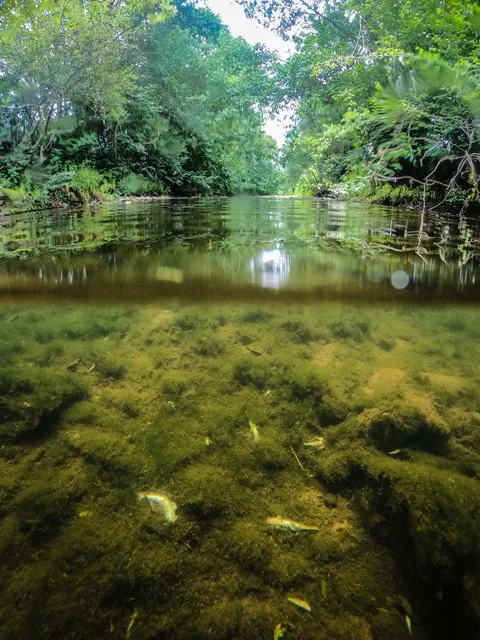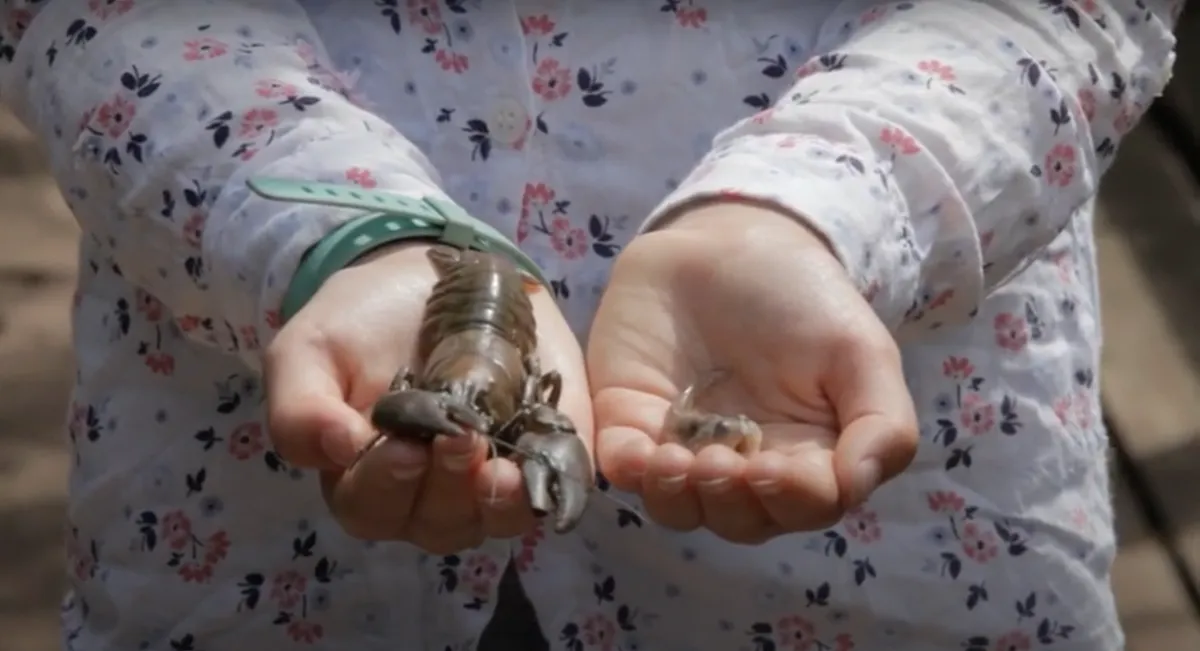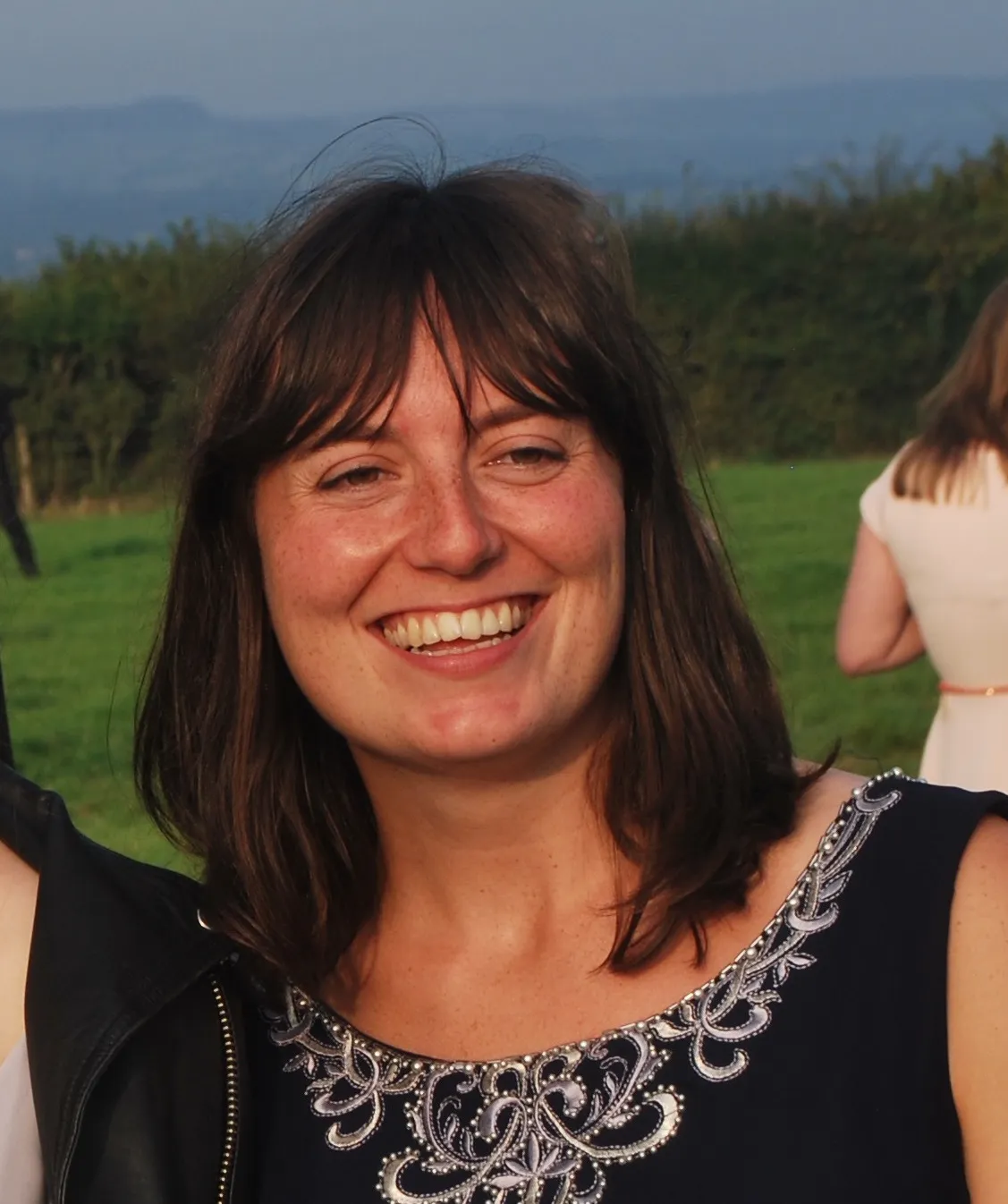Journalist Nicola Cutcher has been investigating the death of the river Llynfi and the damage caused to wildlife and water quality for BBC Countryfile Magazine.
What happened to the River Llynfi in Powys, Wales?
I’m wandering along a quiet and shady length of meandering narrow river in early autumn. Something is terribly wrong. This small Welsh waterway should be teeming with grayling, trout and minnows and locals say kingfishers, herons, egrets, ducks, mayflies and dragonflies are regularly seen, but I find it to be utterly lifeless. Nothing stirs in the water, no insects dance over its surface.

A major pollution event struck the Afon Llynfi at the end of July killing a few kilometres of the river in a Special Area of Conservation. The Llynfi is a tributary of the Wye, on the edge of the Brecon Beacons National Park, in Powys, Wales. Residents and anglers have expressed a strong sense of loss and anger and expect answers as to what has happened.
What has been the impact on wildlife?
Emily Tilling lives by Pontithel Bridge, in the middle of the stretch of river devastated by the recent pollution. On Friday 31 July she was out with her sons walking their dogs when one of her dogs jumped into the water and started gulping foam. Calling the dog out, she noticed a large brown trout fighting for air and a dead fish and immediately called Natural Resources Wales to report what she was seeing.
Tilling told me, “I could see fish, which I now know were bullheads, trying to get out of the river. They were gasping for air. There were crayfish getting out of the river. It was horrendous.”
Tilling walked down the track with her son, towards a smell so overpowering that her son put on his Covid mask, and filmed what she was seeing. She talked to NRW several times that evening and sent them photos and videos.
NRW confirmed that they were first alerted to the pollution at 18:35 on Friday 31 July but didn’t get to the scene to start investigating for over 13 hours. An officer arrived at 8.10 on Saturday morning.
Tilling says that when the officer arrived the smell had gone but the river was still discoloured with foam flowing and dead fish everywhere. The officer was on the river all day collecting samples and evidence.
NRW have since confirmed that over 10,000 fish have died, invertebrates have been severely affected and the vegetation and wider river life impacted.
Emily Tilling says it now “feels like a river in name only. The wonder of it has gone.”
Ann Weedy, Operations Manager for NRW in mid Wales, said, “Our investigations indicate that the pollutant was an organic substance. Organic pollutants result in fish dying of suffocation owing to lack of oxygen. We are still investigating the source or sources of the pollution and are following a number of lines of enquiry.”
Several eye-witnesses told me that the dead fish began on the stretch of river running alongside Great Porthamel Farm. Upstream at Bronllys bridge the water appeared healthy with fish rising on both sides of the bridge, but downstream from Great Porthamel the fish were all dead.
As I’m walking downstream from Bronllys, aside from the trees and vegetation, I get glimpses of the nearby infrastructure – a Welsh Water sewage works and GP Biotec, an anaerobic digester business based on Great Porthamel Farm. The anaerobic digester takes abattoir waste, manure and maize to create energy and an output of digestate, which is used as a fertilizer. The farm also has a motor cross track by the river, where it appears there have been recent groundworks.
This is the third pollution incident on the same stretch of the Llynfi since 2016 and, judging by the numbers of dead fish, appears to be the worst to date.
The first was in February 2016, when an organic pollutant condemned an elderly resident’s private water supply and polluted the river. NRW brought a prosecution against GP Biotec, who pleaded guilty (having originally pleaded not guilty) and were fined £9,000 for polluting a water supply and £7,200 for polluting the river, plus costs of £29,000, coming to a total of around £45,000.
A second pollution incident in July 2016 impacted the river more severely and killed thousands of fish. Unfortunately, this was reported late and NRW said they were unable to identify the source or type of pollutant so there was no prosecution.
I contacted Welsh Water about whether their sewage works could be the source of the contaminant in the most recent incident and received this reply "Our Talgarth works is located around 2km away from where the pollution incident occurred however as soon as we were made aware, we undertook a thorough check of the works and can confirm it was operating normally in the period leading up to and at the time of the incident therefore was not responsible for the pollution.
“We can also confirm that we also inspected the river next to the works at the time and found it was clear with no evidence of recent or historic pollution and no wildlife in distress.”
I also spoke to Paul Jones, Director of GP Biotec who also farms at Great Porthamel Farm. He said: "
.” He denied responsibility and declined to comment further.
Dave Collins, Vice Chairman of Gwent Angling Society, had been watching the fish population slowly recover since July 2016. He reckons they were four years in to a ten-year process of repopulating the river and now they’re back to square one. He told me, “I’m devastated and extremely angry that this has happened again.”
Over the last four years, Collins and his colleagues were working hard towards the river’s recovery, removing fallen trees and monitoring the return of trout and grayling whilst marveling at their beautiful iridescent colours. “I regard a lot of them as my babies. I’ve watched them grow. Those fish would have gone on and spawned every year and now they’ve not got that chance and that’s what really upsets me”.
Instead of rejoicing in their reproduction, Collins was confronted with their carcasses. The fisheries on the Llynfi are now closed because, as you’d expect, you can’t charge people to fish where there’s nothing to catch.
Filmmaker Eamon Bourke lives in Glasbury, where the Llynfi meets the confluence of the Wye. It’s a popular spot for canoeists, swimmers and bathing families where Bourke often goes with his family. He said, “It’s grotesque that anyone could pollute a stretch of river that is a recreational place for the local community and tourists.”
Bourke was so troubled by the reports of pollution that he grabbed his camera and headed upstream on Sunday 2 August with local camerawoman Antonia Salter. Together they made a short reactive film which shows Bourke’s daughter, Ffion, aged 7, holding up a dead bullfish and crayfish. The film ends with a slide stating: ‘As local residents we expect answers soon’.

Bourke voices the hopes of many in the community when he says, “This can’t be allowed to happen. I want to see a prosecution and I really want proper, regular monitoring of that tributary going forwards so that we know what’s going on.”
All eyes are now on Natural Resources Wales, who told me "Our investigation into the pollution incident at River Llynfi is on-going. We are following-up on several lines of enquiry and therefore, to protect the integrity of the investigation, can not provide any further details at this time. We hope to bring this matter to a conclusion as soon as possible."
Nicola Cutcher is a freelance investigative journalist, writer and documentary filmmaker. She’s previously worked for BBC Panorama, Newsnight and This World. She lives in Herefordshire on the River Wye.

